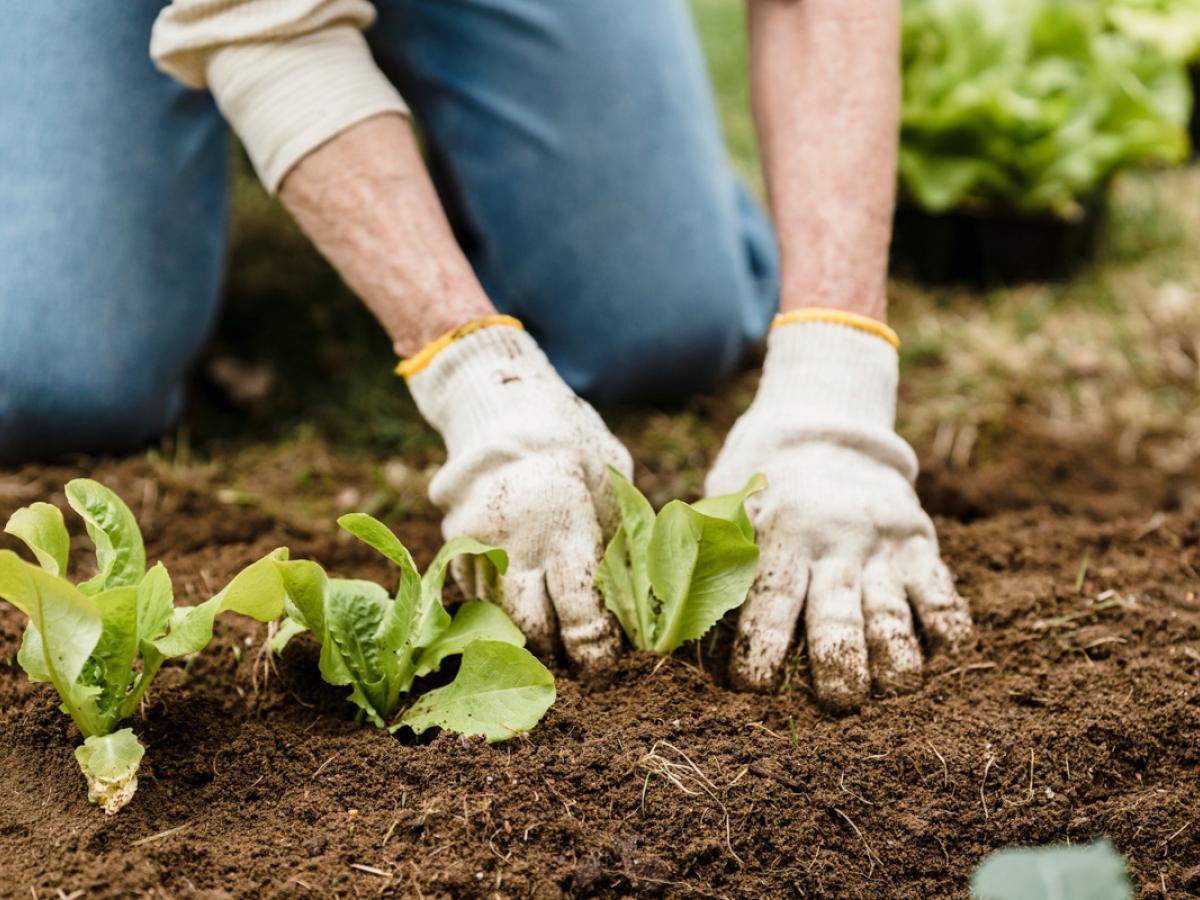University of Adelaide researchers are calling on South Australian citizen scientists to donate soil samples from their backyard gardens for a study examining how widely spread per- and polyfluoroalkyl substances (PFAS) are in our home gardens.

Picture credit: Greta Hoffman
Sometimes described as century chemicals or forever chemicals due to their high resistance to degradation, PFAS are harmful to human health and the environment.
“There are various health risks associated with PFAS, due to their persistence in the environment and ability to accumulate in the human body after exposure,” says Dr Matthias Salomon of the University of Adelaide’s School of Agriculture, Food and Wine.
“In the environment, PFAS can contaminate soil, water and wildlife. It can also accumulate in food chains and affect ecological systems, such as soil micro-organisms, which are important for soil function and health.”
Dr Salomon, whose research focuses on soil health, has previously investigated heavy metal contamination in residential areas. He says organic contaminants, such as PFAS, are less commonly studied.
“Our understanding of the health effects of PFAS is developing rapidly. At the same time, little is known about PFAS in domestic gardens, and people could be exposed through gardening activities,” says Dr Salomon.
“PFAS are found in a wide range of consumer products, such as non-stick cookware, water-repellent clothing, and some firefighting foams. Through their use and subsequent disposal, PFAS can leach into the environment.”
Dr Salomon and his team, which also consists of Dr Jungho Su, Dr Shervin Kabiri, Hannah Thwaites, Professor Melissa Nursey-Bray and Professor Timothy Cavagnaro, will collect samples from 100 citizens within 18 metropolitan Adelaide councils.
He says this project, which is supported by a FAME Sustainability grant from the University of Adelaide, can only be achieved with the help of citizen scientists.
“It would be almost impossible to collect as many samples as we need without the public’s help,” says Dr Salomon.
Those who wish to participate can register their interest at this website, until 24 April. Participants will be selected based on their location to ensure researchers receive data from across the designated area.







